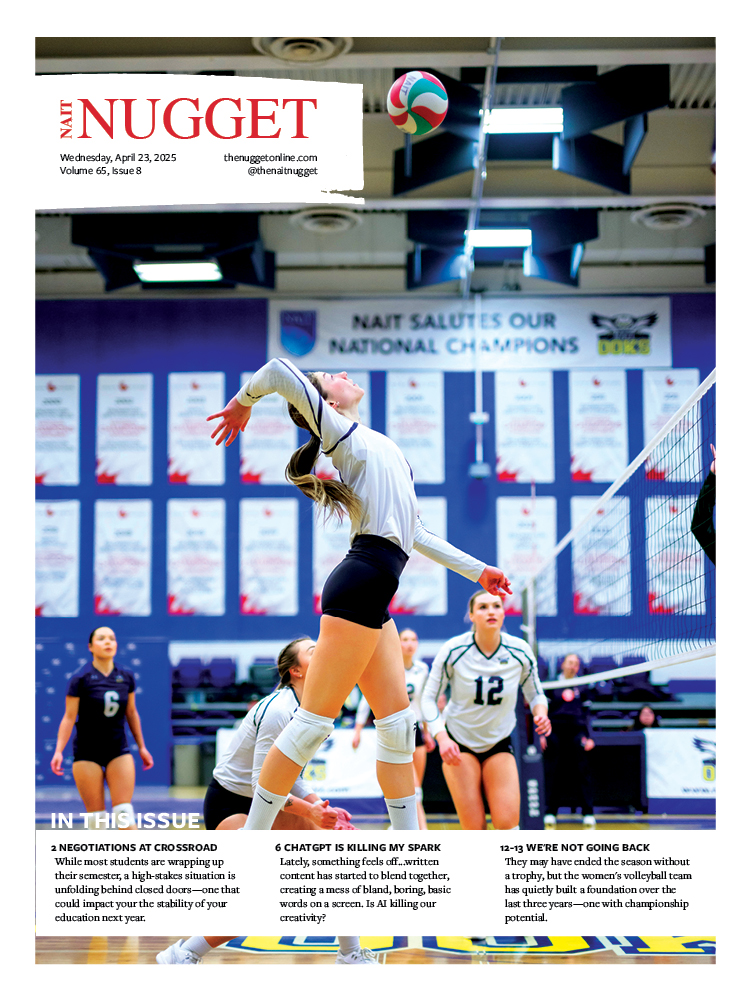Midterms are on the horizon! So are finals, for that matter. Are you sure you’re absorbing all of that knowledge you’re shelling out the big bucks for? Use these science-backed study hacks to improve your learning success.
Create a staggered study schedule
Do you schedule great chunks of time to study single subjects? It is common to try and tackle a subject from start to finish before starting on the next one. Interleaved learning (as opposed to block learning) is a technique by which you learn multiple related topics simultaneously. Say you want to acquaint yourself with Latin music, conjugate an irregular verb in Spanish and memorize the capital cities of South America. The most efficient way to do this could be to listen to one or two songs, complete one or two conjugations of the verb, and dial down the capitals of a couple of countries before repeating.
Studies have shown that over similar time periods, learning related topics in small steps can lead to greater overall improvements in knowledge retention than trying to master the topics one by one. A theory behind these findings says that the brain more easily memorizes a skill when it is connected to the learning of another skill.
Space out your study session
The procrastination excuse you’ve been looking for is finally here. Waiting long periods of time before studying something again is sure to beget forgetfulness. It also means the brain has to work harder to retrieve any information it is looking for. The harder your brain has to work, the more easily accessed the information is the next time you study. Of course, you have to be able to retrieve that information again, so the trick is to wait just long enough that the facts and figures you learned are barely remembered before working hard to make them fresh again.
Take notes after your lecture
You can use a similar method to improve your initial knowledge retention when learning in class. Instead of hurriedly scribbling notes while your instructor speaks or presents, sit back, relax and take in the class with the goal of note taking immediately after the lecture is completed. With your brain working harder to composite the information, it remains more accessible for future use.
Vary your studying locations
If you have a favourite place to study at school, (although this is NAIT, so probably not) it can be easy and comfortable to hit up that same spot come learning time. Science suggests, however, that your information will become better imprinted if you mix up your learning locales. Though you may be focused on the textbook in front of you, your subconscious mind is connecting that material to your surroundings. When you study in a new location, you are building an inventory of neural pathways from which information can be sourced.






